Ironically, the tech company that made the most contributions to 5G does not sell a 5G phone

Depending on your point of view, Huawei is either a company too close to the Chinese Communist Party (CCP) and there is a good reason why it is labeled a national security threat in the U.S., or the company is being unfairly picked on and should be allowed to compete freely in the marketplace.
Regardless of your feelings about Huawei, there is no denying that when it comes to the number of 3GPP 5G tech contributions made worldwide, Huawei is the global leader. The 3GPP is the group that develops the standards and protocols for mobile telecommunications.
Analysis done by ABI Research and published by MyDrivers shows that Huawei is responsible for a leading 15,266 approved contributions to 5G and a leading 43,753 total contributions. The company is listed as an end-to-end incumbent infrastructure vendor. This category includes networking competitors like Ericsson; the latter finished second with 11,601 approved contributions and 36,375 total contributions to 5G. Nokia was third with 7,553 approved contributions and 23,112 total contributions.
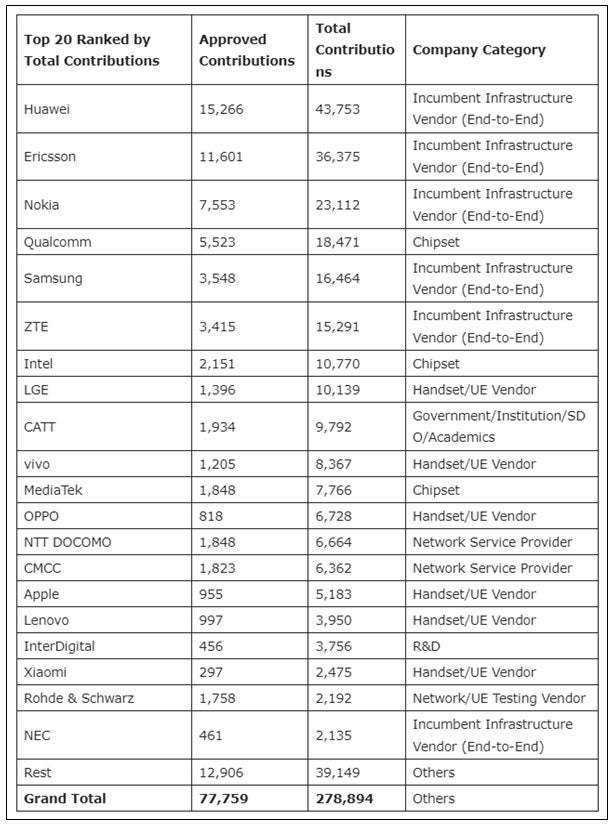
The top 20 tech contributors to the creation of 5G networks
The top-ranked non-networking company that has made the most tech contributions to 5G is chip designer Qualcomm. The San Diego-based firm was fourth with 5,523 and 18,471 approved and total contributions respectively. Other networking firms on the list include Samsung (5th), ZTE (6th), and NEC (20th). Other chip designers include Intel (7th), and MediaTek (11th). The handset manufacturers who made the list are LG (8th), Vivo (10th), Oppo (12th), Apple (15), Lenovo (16), and Xiaomi (18).
Ironically, while Huawei might have contributed the most toward the creation of the 5G network, it is not allowed to manufacture any new phones that support 5G. That's because of a U.S. export rule dating back to 2020 that bans any foundry using American technology from shipping cutting-edge chips to Huawei. And while it was able to use the powerful Snapdragon 8+ Gen 1 on last year's Huawei Mate 50 Pro and this year's P60 flagship series, those chips have been modified not to work with 5G signals.
Follow us on Google News





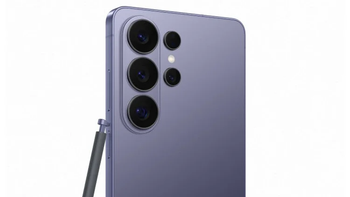


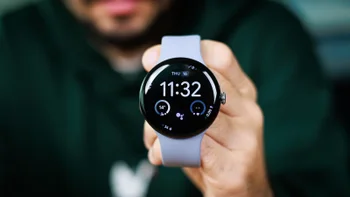
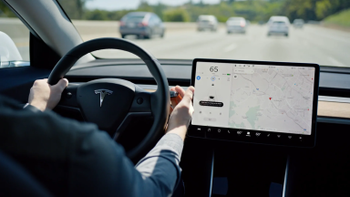
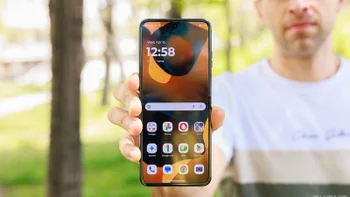
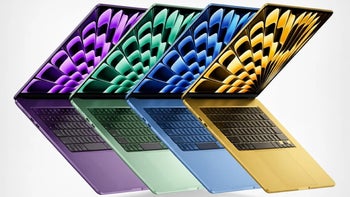

Things that are NOT allowed:
To help keep our community safe and free from spam, we apply temporary limits to newly created accounts: